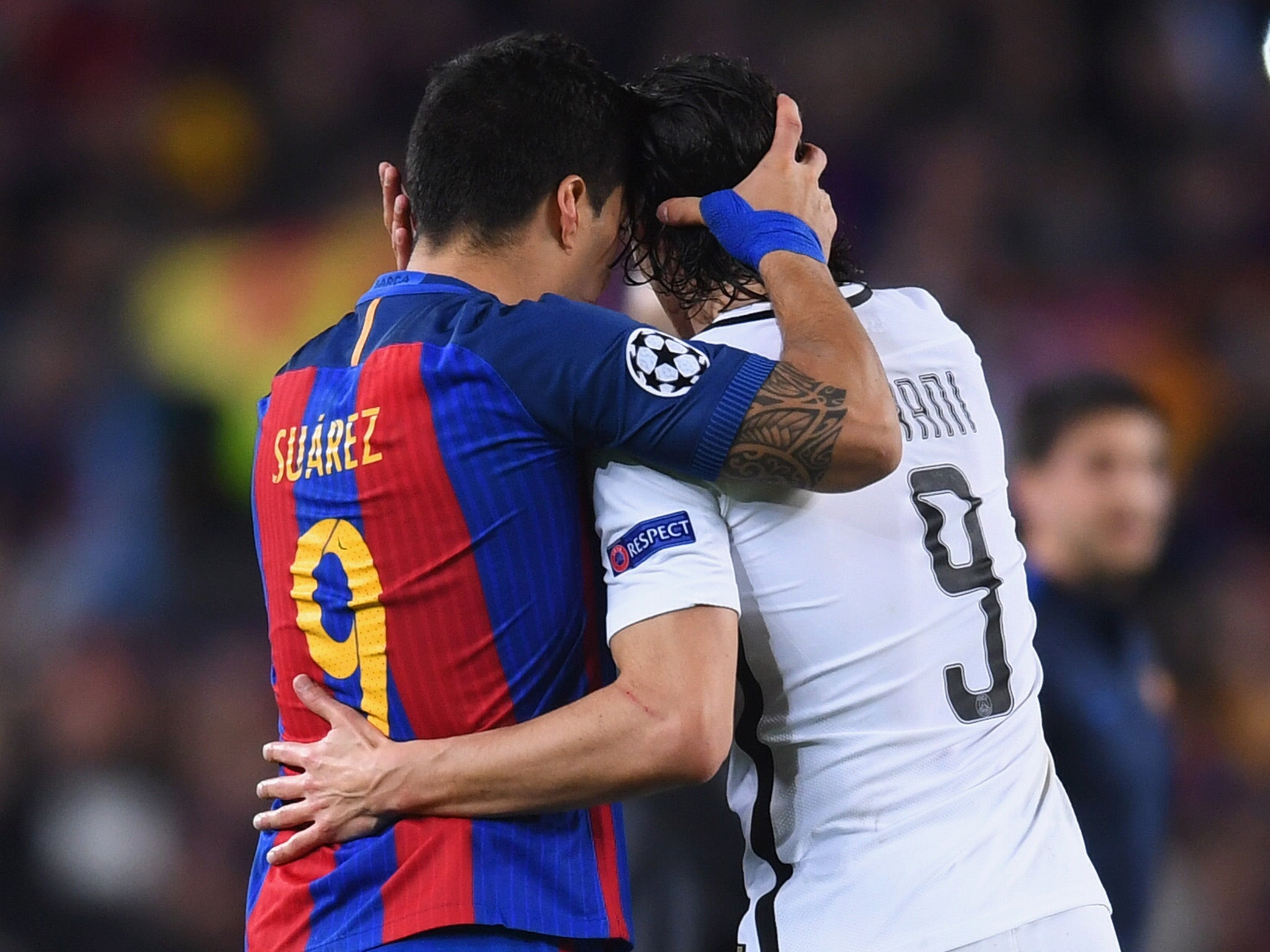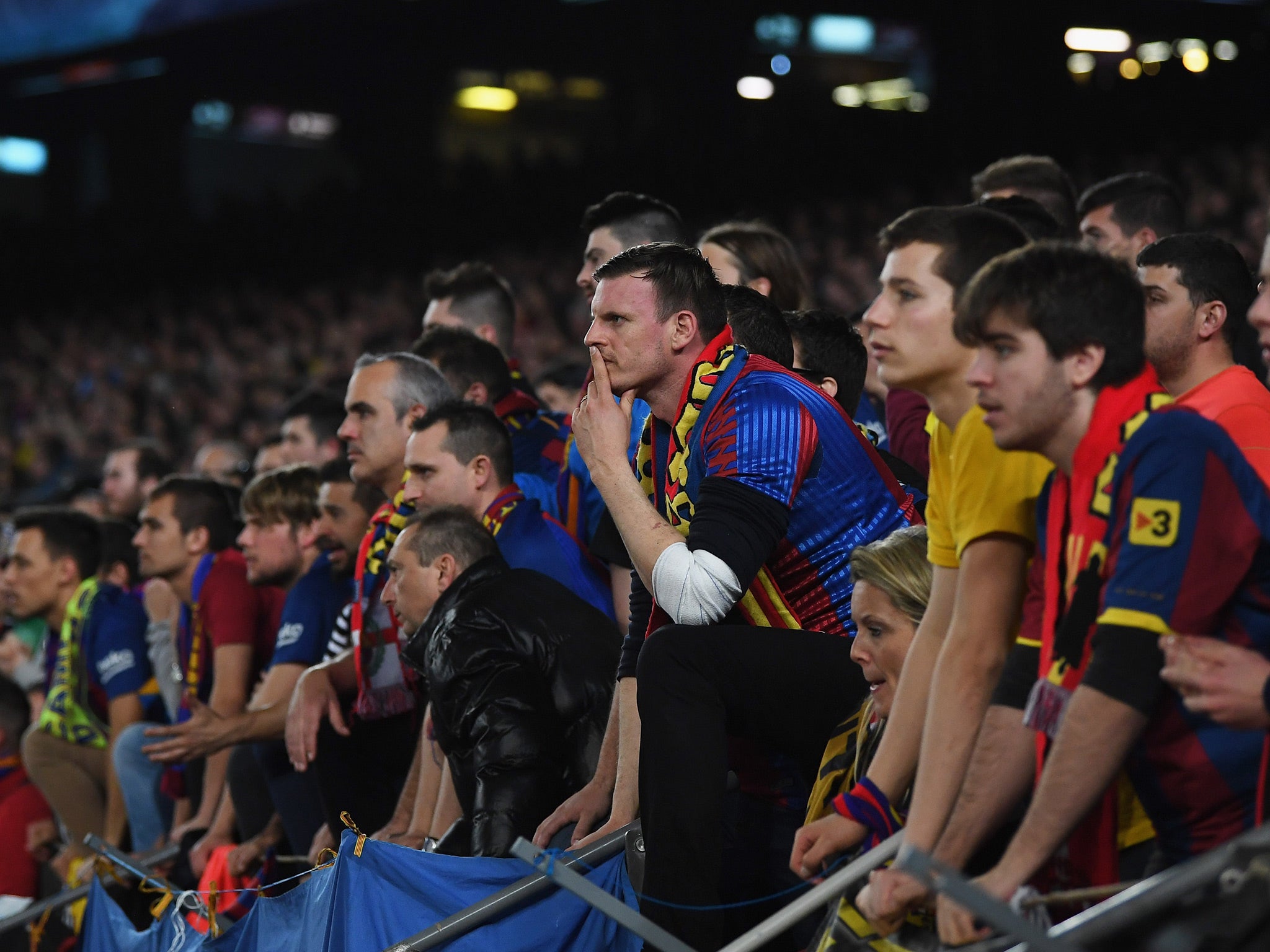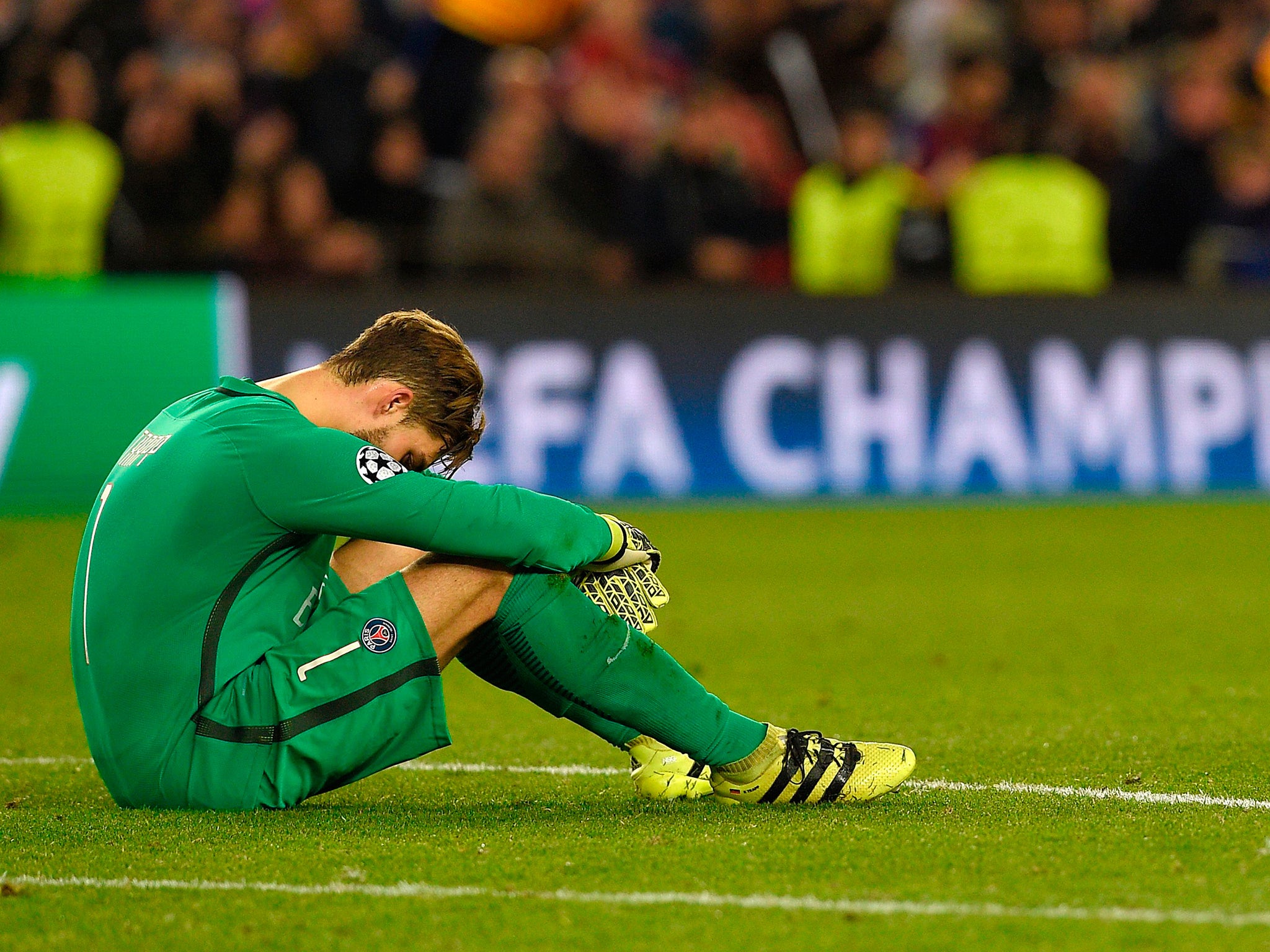Barcelona's incredible comeback over PSG was part of a match won in the mind
The psychological element to this, one of the Champions League's greatest-ever comebacks, was utterly compelling

In trying to explain exactly how Barcelona achieved the exceptional on Wednesday night, Luis Enrique could only really reach for intangibles.
“The key was the faith in the team and the fans right until the 95th minute,” the Barca manager said. “It was a victory of faith.”
Or, to use different words for the same idea, a victory of belief… of mentality. In fact, it’s difficult to think of a match so significantly conditioned and influenced by fundamental psychology. This could have been a research case study, as much as one of the most riveting games in European history.
The Nou Camp may have been the stage for it, but this was a match played in the mind, to a greater degree than almost any other. There were so many massive juncture moments that caused a complete shift in how both individual players and the entire teams were applying themselves, how they were reacting, and that thereby seemed to reveal what they were thinking.
Arsene Wenger was one of many watching on and engaged by that psychodrama as much as the drama of the unique challenge of whether Barcelona could pull off the greatest comeback in football history.
“I stayed there [watching it] because it is interesting on a psychological front to see how they respond, I wanted to see how Barcelona finished the game and in fact they had half given up,” Wenger said. “I looked more at it from a tactical point of view, what is going on mentally in the head of the players.”
This was one of those games where merely relaying the chronology of it in that sense is compelling because it’s not just about what is done with the ball, but why and how they’re doing it. It fully displayed how utterly crucial psychology is, and as important as tactics or talent or luck given how they all come together.

The tone was set even before the game. When Luis Enrique insisted his side could score six, it would usually have been easy to dismiss it as the empty hopefulness that characterises those press conferences, except it was said with genuine conviction. He believed, and evidently made Barca believe. He began to convince you it was possible.
Barcelona played with that conviction. What’s more, the fulsome way that they immediately went at Paris Saint-Germain - with, you might say, a “lucid rage” - seemed to have an inverse affect on the French champions. Already so conscious of just defending their lead, and arguably to the point it was already having a corrosive effect on any assurance they possessed, Unai Emery’s side simply became more insecure and fragile. They weren’t lucidly raging. They were ludicrously panicking.

The goal after two minutes summed this up. While Luis Suarez was all determined focus, PSG - and especially goalkeeper Kevin Trapp - were all uncertain hesitation. The pattern of the next 50 minutes was put in place, as Barca had the tangible of a goal to bolster their intangible belief.
Luis Enrique’s side weren’t actually technically excellent at this stage, but they were doing everything with that extreme level of concentration. PSG were meanwhile withdrawing further and further, which actually created more and more uncertainty because of what it meant to be so defensive. It got to the point that a moderate display of Andres Iniesta’s velvet talent was actually able to confuse two of Emery’s defenders into farcically swiping the ball into their own net, before Thomas Meunier was resorted to trying to stop Neymar with his head while lying on the ground.
At 3-0 up, Barca at that stage looked on the brink of something brilliant - but a mental threshold had actually already been crossed. It was if, because the prospect of this comeback was now very real rather than something to worry about, PSG were sparked into action. They decided to come at Barca, to try and expose that defence susceptible to the counter in the way they should have been when they had a healthier lead, and had their best spell of the game. Now so close to this much talked-of miracle, it was as if Barca got a bit complacent. They suddenly weren’t quite firing in the same way.
Soon, they weren’t firing at all. Edinson Cavani scored the goal that really should have killed the tie. That should have been it, and it did look like that was it.
It is the great irony to a great game packed with so many incidents and almost too many major events to keep track of. It was actually quite a dead, lifeless match for about 25 minutes, bar the two chances for Cavani and Angel Di Maria.
You could say those two “bottled it” but the thing at that point was that it didn’t seem to mean much, and they certainly didn’t bottle it in the way that was to come. It wasn’t even like Barca were particularly energised by those misses. Marc-Andre ter Stegen’s stop from Cavani was only crucial in prolonged retrospect. PSG were so comfortable that their players were back concentrating in the way they should have been with the immensely healthy lead of 4-0, as Marquinhos was now clearing efforts of his own goalline rather than directing them into the net.
Barca were still pushing… but not pushing in the way they had been.
Then Neymar got the defibrillator out, and generally gave his side some electronic shock treatment with that triumphantly good free-kick. There was a game again. There was also controversy again.
Luis Suarez undeniably looked to win the penalty, but this was almost a further example of the difference in mentality. Barca were fully immersed, and looking to push everything to the limit, whereas PSG could only retreat to the point that a cave-in became inevitable.

That was so stunningly displayed by that remarkable stat that they only completed four passes after Neymar’s free-kick, and three of those were from tip after Barcelona had scored. By contrast, in the words of the key scorer Sergi Roberto, the Catalans were "throwing everything into it".
Just as the game started, so it finished. A goal so completely drove Barcelona, and so completely ruined PSG. The Camp Nou crackled, came alive and exploded. You didn’t have to wonder what anyone was thinking.
Join our commenting forum
Join thought-provoking conversations, follow other Independent readers and see their replies
Comments